Description
“Jeremy Bentham: A Biography of His Vision and Ideas” by Subrata Mukherjee and Sushila Ramaswamy is a comprehensive exploration of the life, philosophy, and legacy of one of the most influential thinkers in the history of political and moral philosophy, Jeremy Bentham. The authors provide a meticulous account of Bentham’s life, from his early years to his profound impact on various fields, including ethics, law, economics, and social reform. With extensive research and insightful analysis, Mukherjee and Ramaswamy shed light on Bentham’s vision of utilitarianism, his radical ideas on government and legislation, and his efforts towards social welfare. This biography serves as an essential resource for anyone interested in understanding the intellectual contributions and lasting influence of Jeremy Bentham.
In “Jeremy Bentham: A Biography of His Vision and Ideas,” Mukherjee and Ramaswamy present a thorough overview of Bentham’s life and work. They begin by delving into his formative years, exploring his early education, intellectual development, and exposure to influential thinkers of the time. The authors provide valuable insights into Bentham’s moral philosophy, highlighting the foundational principles of utilitarianism and its emphasis on maximizing happiness and minimizing suffering for the greatest number of people.
The biography extensively covers Bentham’s engagement with legal and political systems. Mukherjee and Ramaswamy meticulously examine Bentham’s contributions to legal theory, including his concept of the “greatest happiness principle” and his critique of natural rights. The authors also delve into Bentham’s advocacy for legal reform, highlighting his groundbreaking ideas on legislation and his efforts towards the creation of a codified legal system.
Furthermore, the biography explores Bentham’s involvement in social reform movements. Mukherjee and Ramaswamy discuss Bentham’s views on education, prison reform, and the abolition of slavery. They shed light on his pioneering ideas for constructing a panopticon prison, intended to improve conditions for inmates and promote rehabilitation. The authors also examine Bentham’s active participation in political debates and his influence on public policies during his lifetime.
Mukherjee and Ramaswamy’s biography of Jeremy Bentham provides a comprehensive and meticulously researched account of his life and ideas. The authors skillfully navigate Bentham’s complex philosophical concepts, making them accessible to readers without compromising their depth and significance. The analysis of Bentham’s utilitarianism is particularly commendable, as the authors explore its nuances, strengths, and potential criticisms.
The book not only delves into Bentham’s philosophical and legal contributions but also places them in their historical and intellectual context. Mukherjee and Ramaswamy skillfully weave together the socio-political milieu of Bentham’s time, allowing readers to grasp the various factors that shaped his ideas. This contextualization enhances the readers’ understanding of Bentham’s revolutionary ideas and their enduring relevance in contemporary society.
The biography is well-structured, with each chapter focusing on a specific aspect of Bentham’s life and work. The authors provide ample supporting evidence from Bentham’s writings, correspondence, and other historical sources, ensuring the accuracy and authenticity of their narrative. The inclusion of key excerpts from Bentham’s works enriches the reading experience, allowing readers to engage directly with his thoughts and arguments.
When comparing “Jeremy Bentham: A Biography of His Vision and Ideas” with other biographical works on Bentham, Mukherjee and Ramaswamy’s book stands out for its comprehensive coverage and scholarly approach. While some previous biographies may have focused primarily on Bentham’s legal contributions or specific aspects of his philosophy, this biography offers a holistic view of his life and ideas. The authors successfully balance the depth of analysis with readability, making it accessible to both scholars and general readers.
The authors also demonstrate a keen understanding of the evolution of Bentham’s thoughts throughout his life. They trace the development of his ideas, from his early works to his more mature writings, providing valuable insights into the intellectual journey of this influential thinker. This chronological exploration allows readers to grasp the progression and refinement of Bentham’s philosophy over time.
Furthermore, Mukherjee and Ramaswamy’s biography incorporates recent scholarship on Bentham, ensuring that it reflects the latest interpretations and perspectives. This engagement with contemporary research adds value to the book and distinguishes it from earlier works that may not have incorporated these new insights.
In “Jeremy Bentham: A Biography of His Vision and Ideas,” the authors explore several central themes that emerge from Bentham’s life and work. One recurring theme is Bentham’s unwavering commitment to the pursuit of happiness and the alleviation of suffering. The authors emphasize Bentham’s utilitarian framework and his belief in rational calculation as the basis for moral decision-making.
Another prominent theme is Bentham’s emphasis on the role of legislation and the importance of codifying laws. Mukherjee and Ramaswamy highlight Bentham’s conviction that a clear and comprehensive legal system is essential for promoting justice and social welfare. They explore Bentham’s innovative ideas on legislation, including his call for law reform and establishing a centralized authority responsible for creating consistent and equitable laws.
The biography also highlights Bentham’s progressive views on social issues. Mukherjee and Ramaswamy discuss his advocacy for prison reform, education, and equal rights. They portray Bentham as a forward-thinking visionary who sought to create a more just and humane society through his philosophical and practical endeavours.
“Jeremy Bentham: A Biography of His Vision and Ideas” provides a vivid portrayal of Jeremy Bentham as both a philosopher and an individual. Mukherjee and Ramaswamy offer a nuanced understanding of Bentham’s personality, shedding light on his motivations, passions, and struggles.
The authors depict Bentham as an exceptionally logical and analytical thinker, driven by a desire to construct rational systems of thought. They delve into his meticulous approach to philosophy, evident in his extensive writings and the intricate details of his legal and social reform proposals. The biography presents Bentham as a meticulous planner and executor, tirelessly working towards realizing his vision of a better society.
Additionally, Mukherjee and Ramaswamy explore the personal challenges Bentham faced, such as his struggles with loneliness and his complex relationships with family and friends. They paint a humanizing portrait of Bentham, illustrating the multifaceted nature of his life beyond his intellectual pursuits.
About the Authors:
Subrata Mukherjee and Sushila Ramaswamy are both esteemed scholars with expertise in the fields of philosophy and political science. Mukherjee is a renowned professor of philosophy, while Ramaswamy specializes in political theory. Their collaboration in writing this biography showcases their deep knowledge of the subject matter and their ability to present complex ideas coherently and engagingly.
Both authors have previously published extensively on various aspects of political philosophy and intellectual history. Mukherjee’s works have explored the works of influential thinkers such as John Stuart Mill and Karl Marx, while Ramaswamy’s research focuses on the intersection of politics and ethics. Their expertise and familiarity with the subject matter are evident throughout the book, making it a valuable contribution to Bentham’s scholarship.
Mukherjee and Ramaswamy employ a scholarly yet accessible writing style in “Jeremy Bentham: A Biography of His Vision and Ideas.” Their prose is clear and engaging, enabling readers to delve into the complex ideas presented without feeling overwhelmed. The authors balance providing detailed analysis and maintaining a fluid narrative flow, ensuring that the book is informative and enjoyable to read.
The biography is meticulously researched, with the authors drawing from a wide range of primary and secondary sources. They carefully cite and reference their material, allowing readers to trace the origins of their information and delve deeper into specific topics if desired. The inclusion of excerpts from Bentham’s writings adds further depth to the book and provides readers with a direct glimpse into the philosopher’s mind.
What People Say About This Book:
“Jeremy Bentham: A Biography of His Vision and Ideas” has received widespread acclaim from scholars, reviewers, and readers alike. Critics have praised the author’s thorough research and insightful analysis, noting that the biography provides a comprehensive and engaging exploration of Bentham’s life and philosophy.
Many readers appreciate the book’s accessibility, as it manages to present complex ideas in a manner that is understandable to a broad audience. The authors’ ability to make Bentham’s philosophical concepts relevant and relatable to contemporary issues has also garnered praise. Readers find the biography thought-provoking, with its exploration of themes such as social justice, governance, and the pursuit of happiness.
- Comprehensive coverage of Bentham’s life, philosophy, and contributions to various fields.
- Meticulous research and insightful analysis that contextualizes Bentham’s ideas.
- Accessible writing style that appeals to both scholars and general readers.
- Incorporation of recent scholarship and engagement with contemporary perspectives.
- Thought-provoking exploration of themes relevant to contemporary society.


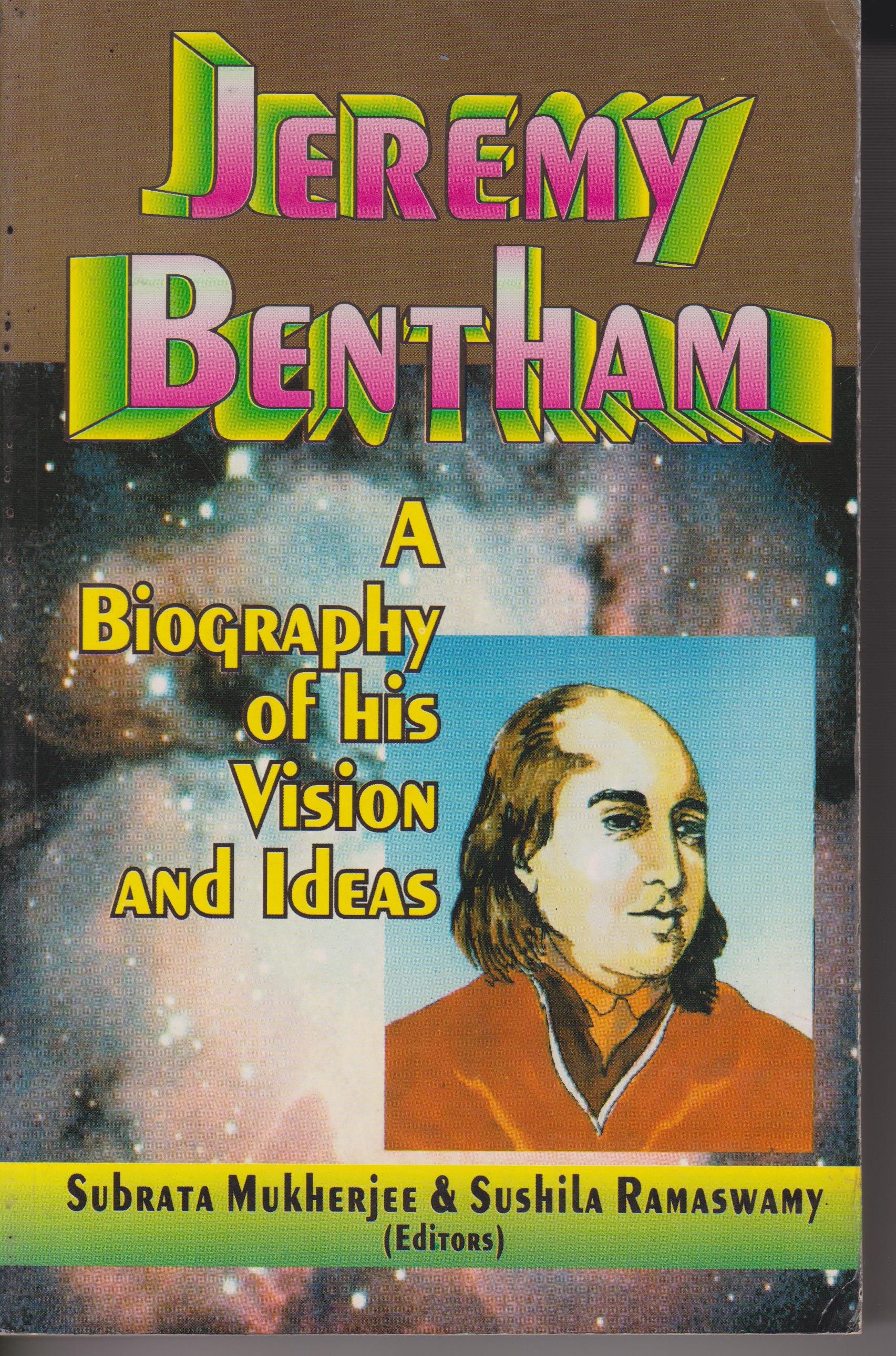
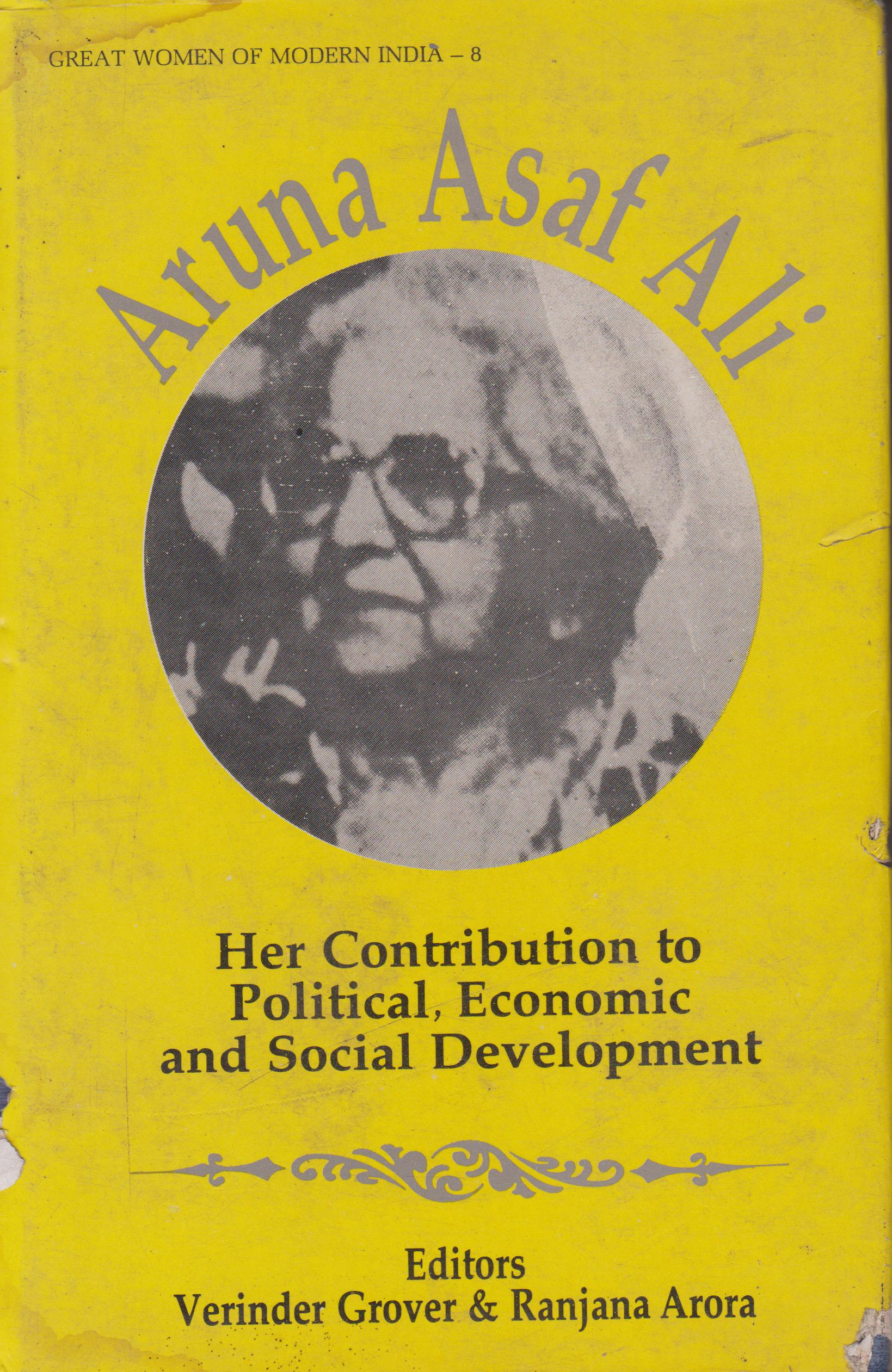
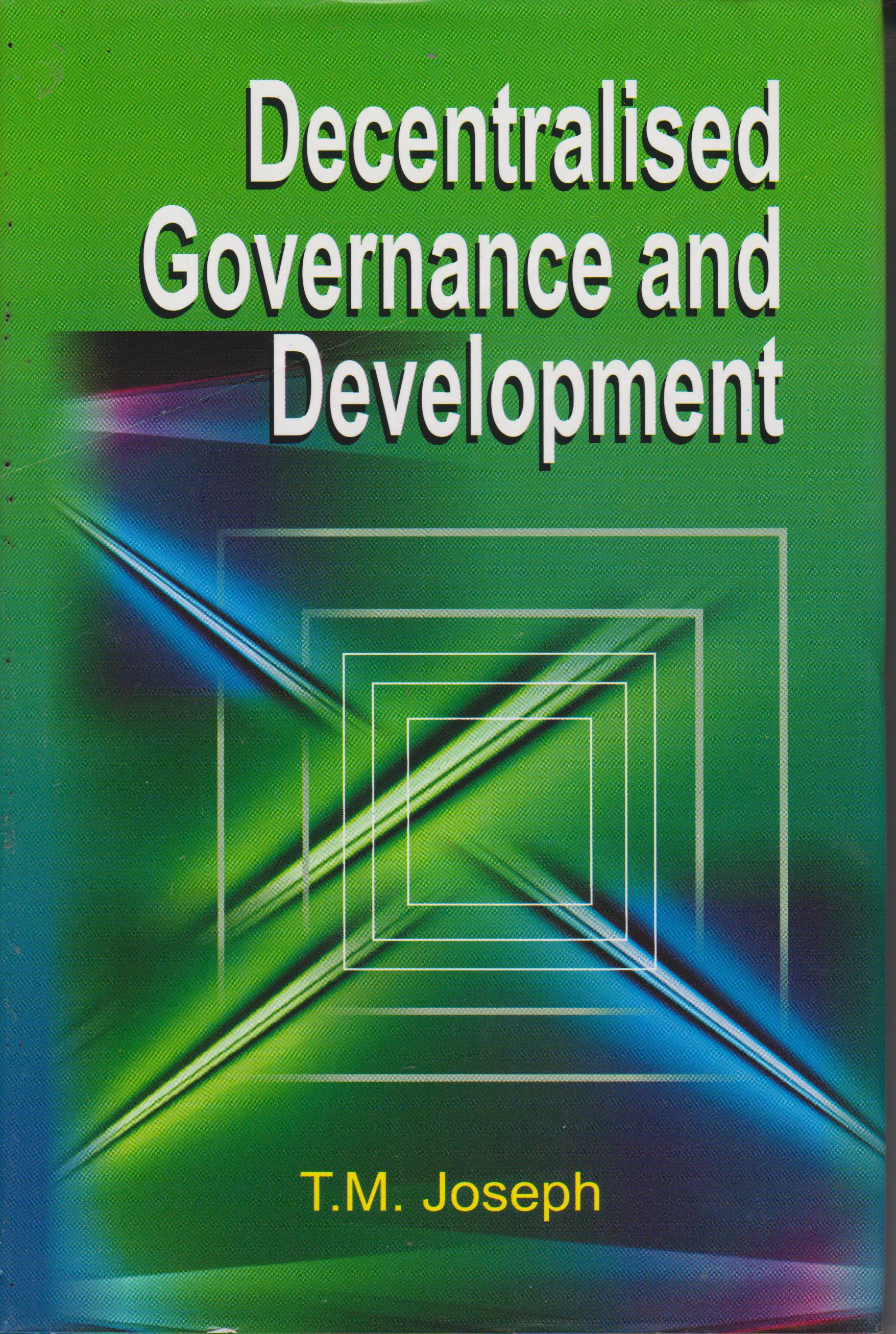


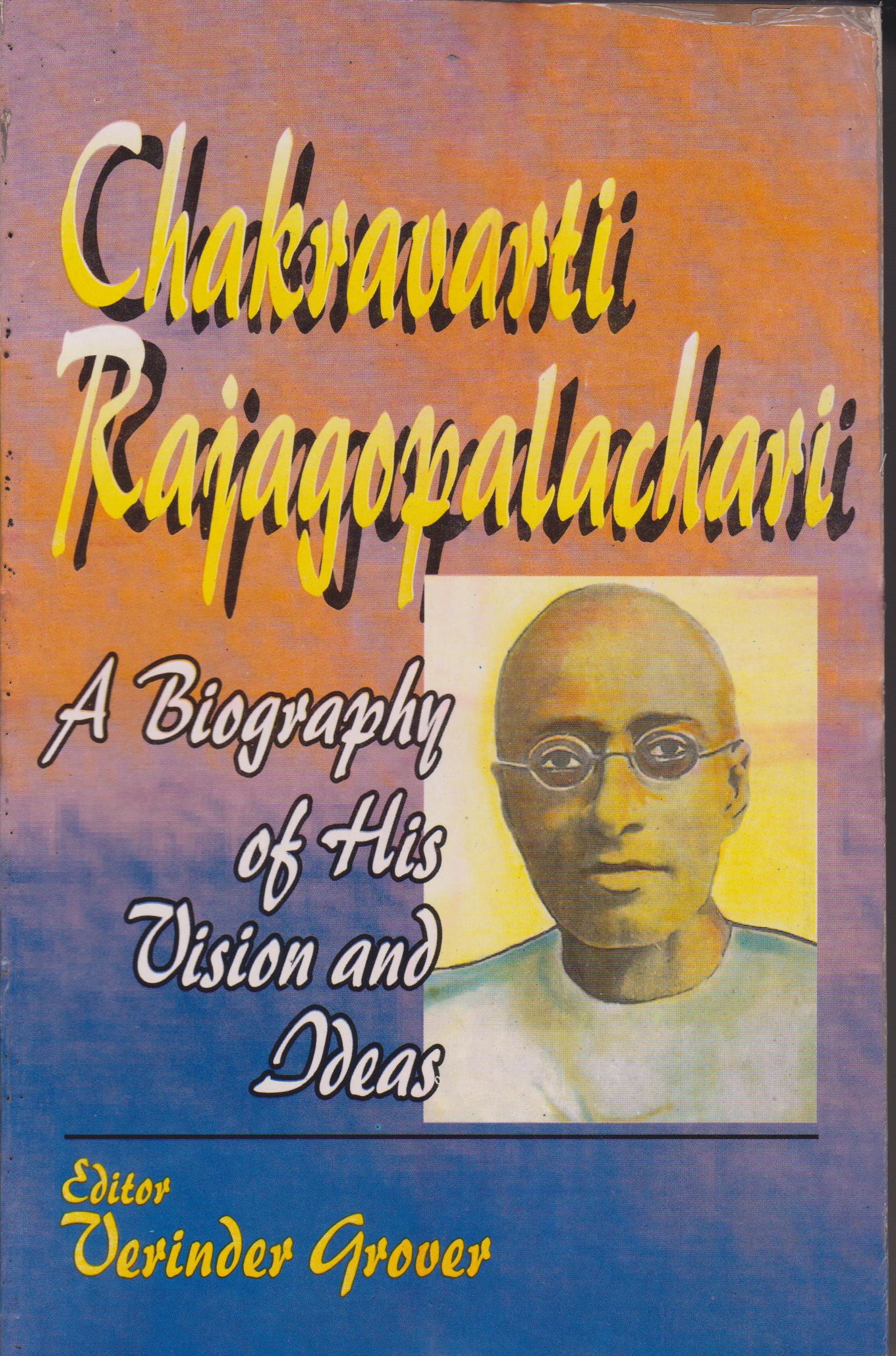
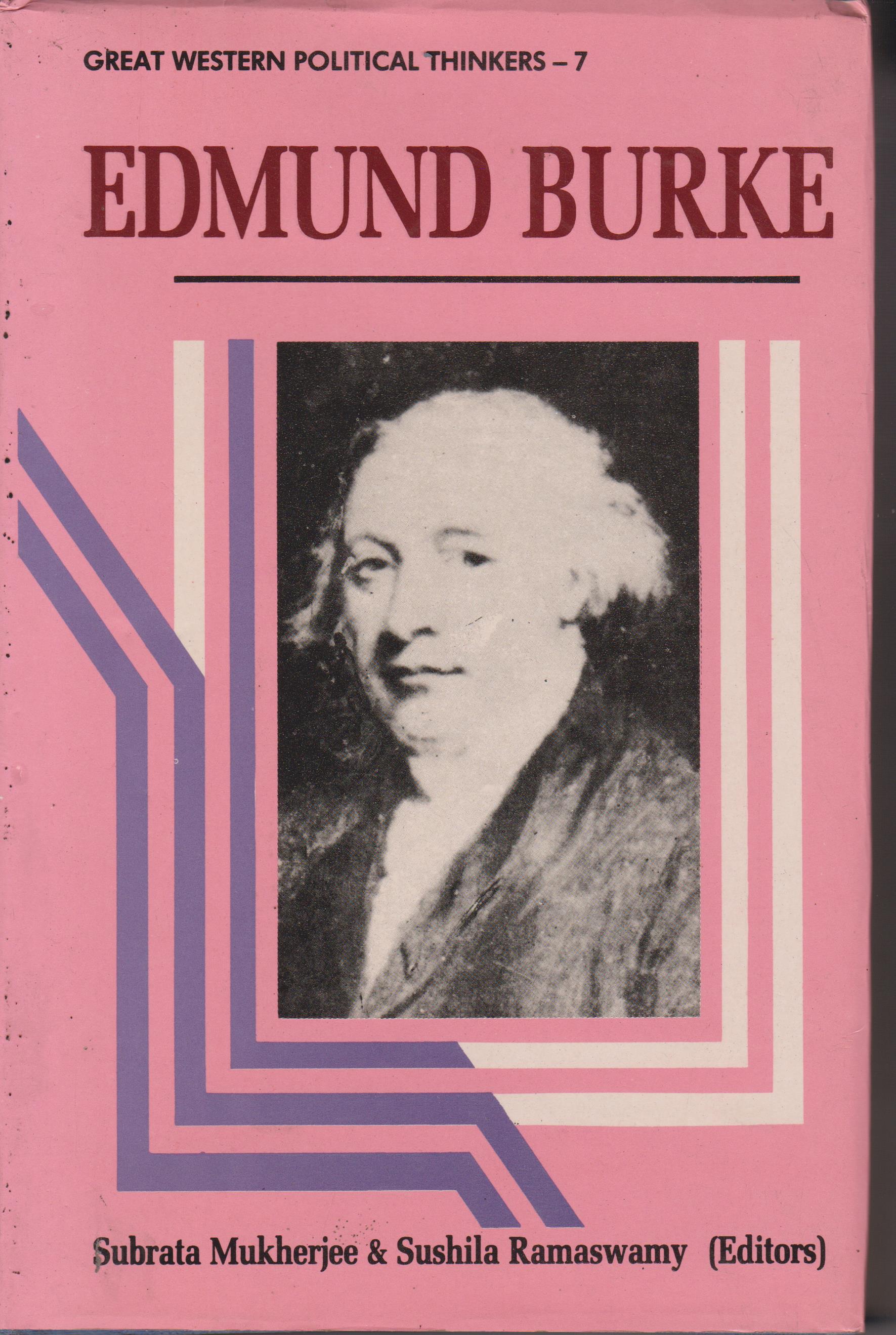

Reviews
There are no reviews yet.